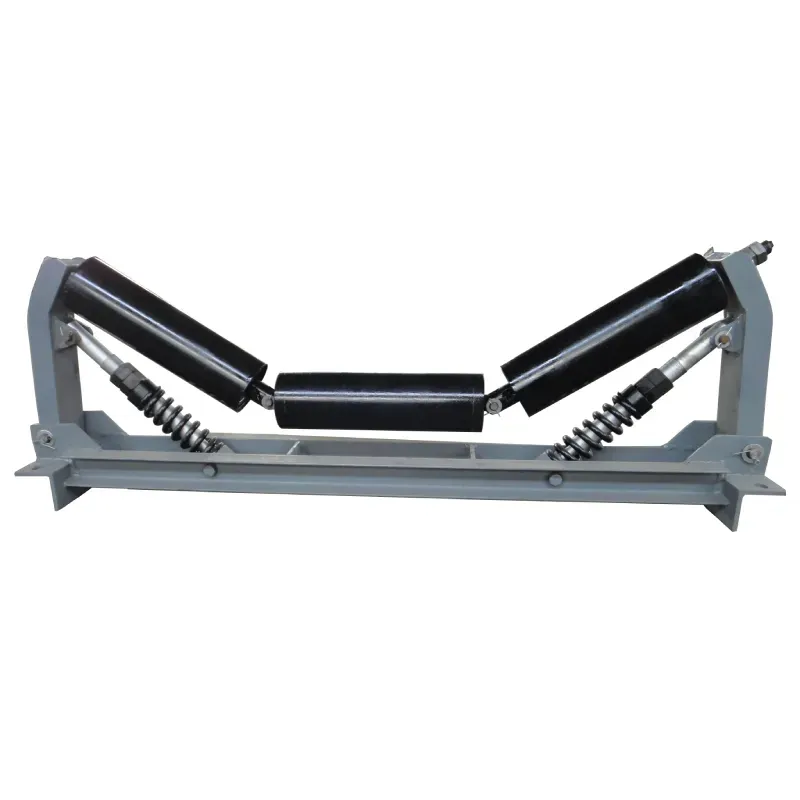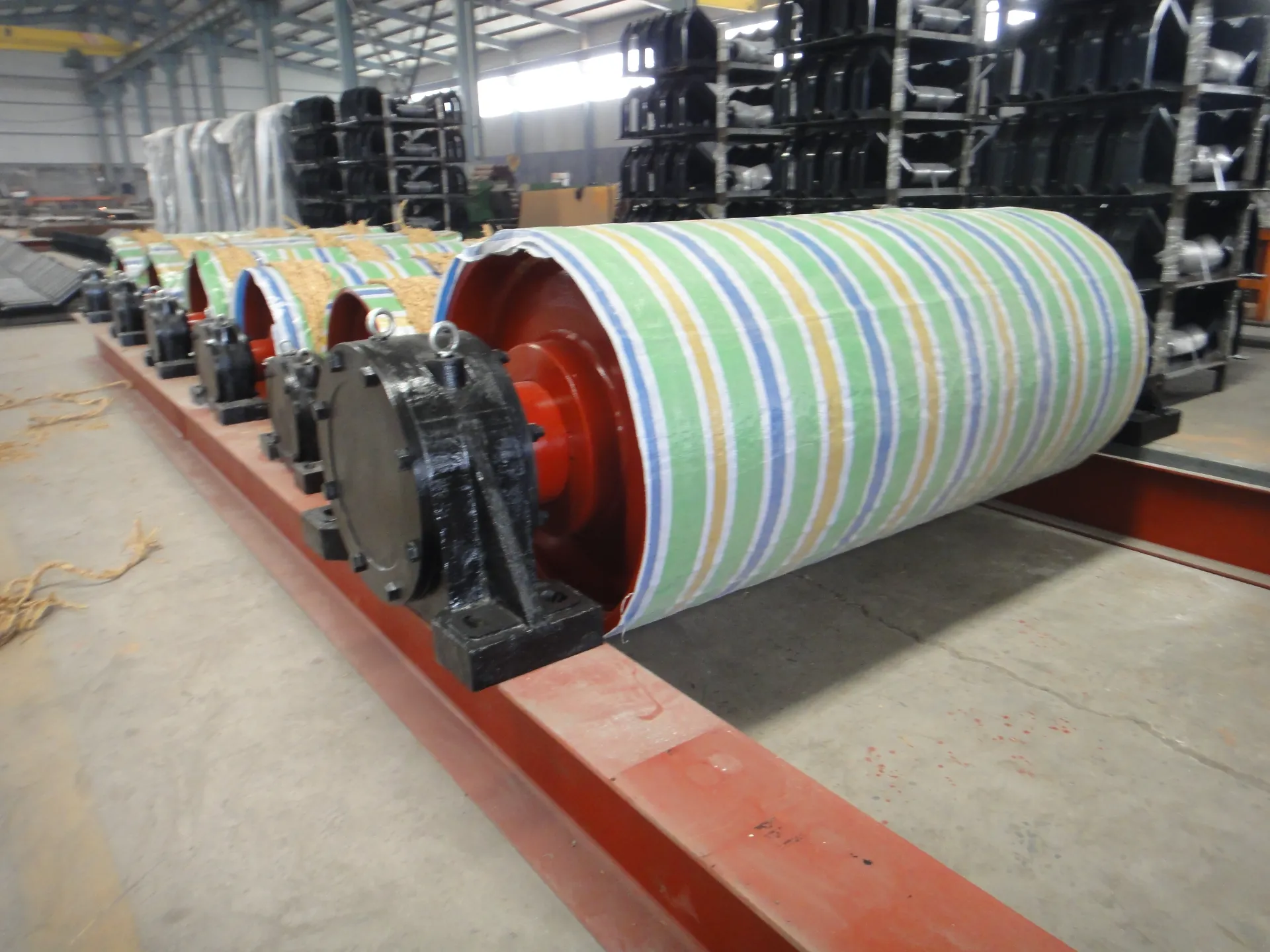 Afrikaans
Afrikaans  Albanian
Albanian  Amharic
Amharic  Arabic
Arabic  Armenian
Armenian  Azerbaijani
Azerbaijani  Basque
Basque  Belarusian
Belarusian  Bengali
Bengali  Bosnian
Bosnian  Bulgarian
Bulgarian  Catalan
Catalan  Cebuano
Cebuano  Corsican
Corsican  Croatian
Croatian  Czech
Czech  Danish
Danish  Dutch
Dutch  English
English  Esperanto
Esperanto  Estonian
Estonian  Finnish
Finnish  French
French  Frisian
Frisian  Galician
Galician  Georgian
Georgian  German
German  Greek
Greek  Gujarati
Gujarati  Haitian Creole
Haitian Creole  hausa
hausa  hawaiian
hawaiian  Hebrew
Hebrew  Hindi
Hindi  Miao
Miao  Hungarian
Hungarian  Icelandic
Icelandic  igbo
igbo  Indonesian
Indonesian  irish
irish  Italian
Italian  Japanese
Japanese  Javanese
Javanese  Kannada
Kannada  kazakh
kazakh  Khmer
Khmer  Rwandese
Rwandese  Korean
Korean  Kurdish
Kurdish  Kyrgyz
Kyrgyz  Lao
Lao  Latin
Latin  Latvian
Latvian  Lithuanian
Lithuanian  Luxembourgish
Luxembourgish  Macedonian
Macedonian  Malgashi
Malgashi  Malay
Malay  Malayalam
Malayalam  Maltese
Maltese  Maori
Maori  Marathi
Marathi  Mongolian
Mongolian  Myanmar
Myanmar  Nepali
Nepali  Norwegian
Norwegian  Norwegian
Norwegian  Occitan
Occitan  Pashto
Pashto  Persian
Persian  Polish
Polish  Portuguese
Portuguese  Punjabi
Punjabi  Romanian
Romanian  Russian
Russian  Samoan
Samoan  Scottish Gaelic
Scottish Gaelic  Serbian
Serbian  Sesotho
Sesotho  Shona
Shona  Sindhi
Sindhi  Sinhala
Sinhala  Slovak
Slovak  Slovenian
Slovenian  Somali
Somali  Spanish
Spanish  Sundanese
Sundanese  Swahili
Swahili  Swedish
Swedish  Tagalog
Tagalog  Tajik
Tajik  Tamil
Tamil  Tatar
Tatar  Telugu
Telugu  Thai
Thai  Turkish
Turkish  Turkmen
Turkmen  Ukrainian
Ukrainian  Urdu
Urdu  Uighur
Uighur  Uzbek
Uzbek  Vietnamese
Vietnamese  Welsh
Welsh  Bantu
Bantu  Yiddish
Yiddish  Yoruba
Yoruba  Zulu
Zulu Jan . 20, 2025 16:03
Back to list
Troughing Roller
Conveyor head rollers are a crucial component in the world of material handling systems, acting as the driving unit that ensures seamless operation of conveyor belts. As essential elements of industrial conveyors, these rollers must be selected and maintained with expert care to maximize efficiency and reliability.
A shift towards technologically advanced head rollers is gaining momentum in global markets. Smart conveyor rollers integrated with IoT sensors have emerged as a forward-thinking solution, offering real-time monitoring capabilities. These sensors provide critical data on roller speed, temperature, and wear conditions, enabling predictive maintenance and minimizing unexpected failures. This technological integration not only reduces operational costs but aligns with sustainability goals by prolonging equipment life. Manufacturers from around the globe advocate for eco-friendly production practices, realizing the growing demand for sustainable solutions. Recycled materials in the production of conveyor head rollers contribute to the reduction of carbon footprints and promote responsible resource utilization. The expertise required to design and select conveyor head rollers entails a comprehensive understanding of the material characteristics, operational challenges, and environmental conditions. Collaboration between engineers and material scientists often results in innovative designs that address specific industrial challenges. As thought leaders in the conveyor manufacturing industry, experts take pride in sharing best practices and insights that guide the development of superior products designed to withstand the test of time. In conclusion, conveyor head rollers are indispensable components in material handling systems, demanding careful selection, tailored designs, and pro-active maintenance to optimize functionality. Embracing advancements in technology and sustainable manufacturing practices can position industries at the forefront of efficiency and innovation. Engaging with experienced professionals ensures that systems not only meet the demands of today's industrial landscape but do so with a forward-thinking approach that promises resilience and adaptability.


A shift towards technologically advanced head rollers is gaining momentum in global markets. Smart conveyor rollers integrated with IoT sensors have emerged as a forward-thinking solution, offering real-time monitoring capabilities. These sensors provide critical data on roller speed, temperature, and wear conditions, enabling predictive maintenance and minimizing unexpected failures. This technological integration not only reduces operational costs but aligns with sustainability goals by prolonging equipment life. Manufacturers from around the globe advocate for eco-friendly production practices, realizing the growing demand for sustainable solutions. Recycled materials in the production of conveyor head rollers contribute to the reduction of carbon footprints and promote responsible resource utilization. The expertise required to design and select conveyor head rollers entails a comprehensive understanding of the material characteristics, operational challenges, and environmental conditions. Collaboration between engineers and material scientists often results in innovative designs that address specific industrial challenges. As thought leaders in the conveyor manufacturing industry, experts take pride in sharing best practices and insights that guide the development of superior products designed to withstand the test of time. In conclusion, conveyor head rollers are indispensable components in material handling systems, demanding careful selection, tailored designs, and pro-active maintenance to optimize functionality. Embracing advancements in technology and sustainable manufacturing practices can position industries at the forefront of efficiency and innovation. Engaging with experienced professionals ensures that systems not only meet the demands of today's industrial landscape but do so with a forward-thinking approach that promises resilience and adaptability.
Next:
Latest news
-
Revolutionizing Conveyor Reliability with Advanced Rubber Lagging PulleysNewsJul.22,2025
-
Powering Precision and Durability with Expert Manufacturers of Conveyor ComponentsNewsJul.22,2025
-
Optimizing Conveyor Systems with Advanced Conveyor AccessoriesNewsJul.22,2025
-
Maximize Conveyor Efficiency with Quality Conveyor Idler PulleysNewsJul.22,2025
-
Future-Proof Your Conveyor System with High-Performance Polyurethane RollerNewsJul.22,2025
-
Driving Efficiency Forward with Quality Idlers and RollersNewsJul.22,2025
OUR PRODUCTS





























